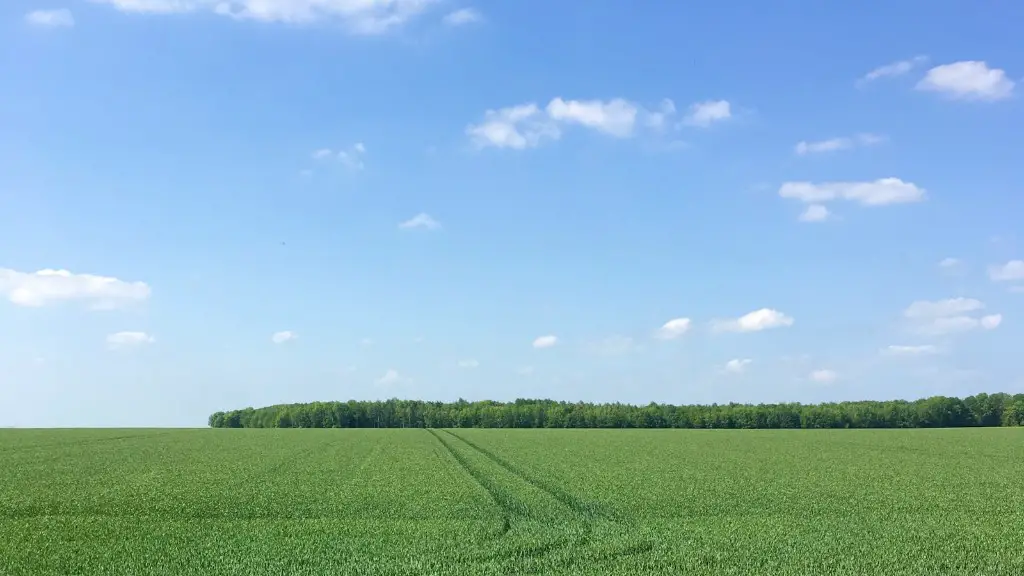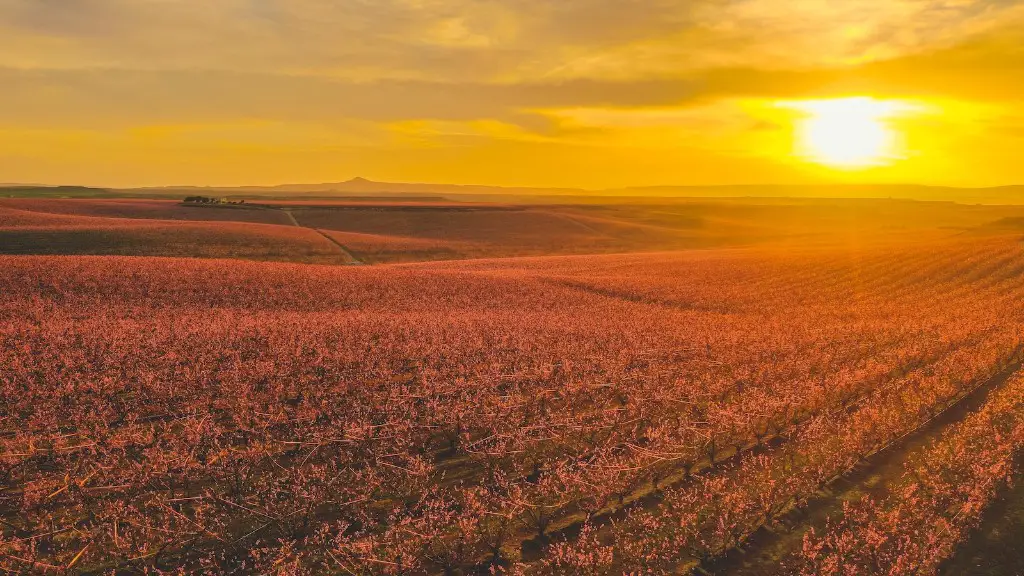Agriculture has always presented numerous challenges for those cultivating the land, particularly in developing countries. Today, the biggest issues for agriculturalists in all corners of the world remain the same, with economics, technology and global climate change at the core of the issues. Let’s take a closer look at the main obstacles that farmers face and how they continue to impact agricultural production.
1. Economics – The cost of starting an agricultural business, whether it’s through buying land and equipment or applying for grants, can be a significant barrier, especially for small-scale producers. There’s also the difficulty in maintaining a profitable margin throughout the production process and market fluctuations in agricultural goods that can limit profits.
2. Infrastructure – Poor infrastructure in some countries can be a major obstacle to successful farming, limiting access to markets, input supply and technical knowledge. Factors such as limited power sources, inadequate transportation and water shortages can contribute to a lack of necessary resources for agricultural production.
3. Climate change – Agriculture has always been vulnerable to changes in the weather, however with the global temperatures rising, this has been ever-increasing in recent years. This can lead to longer droughts, more damaging floods and increased pest activity, all of which can have an adverse impact on crop yields.
4. Technology – Agriculturalists have relied on technology for centuries, however with advances in genetics, biotechnology and global data capturing and processing, the importance of up-to-date technologies has soared. Without adequate access to these tools, farmers run the risk of missing out on potential opportunities to increase productivity.
5. Pesticides and fertilisers – Chemicals used in livestock and crop production can be a two-edged sword, offering benefits around pest and disease control but with potential harms to both the environment and human health. This can therefore put producers in a precarious situation.
Economics
The economic pressures of the agricultural sector are often immense, and are not likely to be relieved anytime soon. Firstly, the cost of starting an agricultural business can be costly, with buyers having to lay out a lot of money for land and equipment, as well as activity taking out grants or loans. Moreover, agriculturalists are at risk of fluctuating markets, with prices that can rise or fall dramatically, leaving producers with a potentially unsustainable income. Issues like these can make it hard to source the funds needed to adequately resource and succeed in the competitive agricultural sector.
Infrastructure
The lack of infrastructure in certain agricultural areas is another major factor that farmers have to contend with. Whether it be roads, power sources, transportation or access to water, agricultural practices are heavily reliant on the quality of its local infrastructure, as this is fundamental for entry to markets, input supply and technical knowledge. A lack of land infrastructure can prevent producers from developing their operations, as without access to these key services, the agricultural sector cannot thrive.
Climate Change
Climate change has been an issue in agriculture for many years, however due to increased global temperatures and unrelenting weather patterns, this is now affecting the agricultural industry more than ever. Unpredictable weather conditions such as extreme droughts, floods and pest infestations can all have a devastating effect on crop yields and livestock, resulting in severe income losses for those involved. This then impacts the food security in those areas, making it difficult to ensure a sufficient supply of food for everyone.
Technology
Advances in technology provide huge potential in the agricultural sector, although for many producers access to these new technologies can be limited due to cost constraints and lack of knowledge. Technology can help farmers identify more efficient processes and allow for better monitoring and analysis of farmers’ operations, however without the resources to access these tools, producers are at risk of not being able to take full advantage of the potential benefits.
Pesticides and Fertilisers
Whilst pesticides and fertilisers are essential components of the agricultural industry, they can have an incredibly detrimental impact on both the environment and human health. For example, the use of certain insecticides on crops can cause long-term damage to soil fertility, while the incorrect use of certain fertilisers can lead to toxic run-off into water sources. As a result, producers have to be careful to use these chemicals securely, or risk running afoul of regulations and potentially face costly fines.
Natural disasters
Natural disasters such as wildfires, hurricanes and floods can have an immense impact on agricultural production, with land and livestock often being damaged in the aftermath of these events. Producing crops can become further complicated by these disasters, taking longer and requiring a greater use of resources to fully recover. Farmers, who are often in the vulnerable position of being hinged on the seasons and weather conditions, may not have the funds or capacity to remedy these issues, ultimately damaging their agricultural operations.
Political uncertainty
Political instability in countries that rely heavily on agriculture for their economy can cause a lot of disruption to farmers, as well as prices on goods. This could include changes to laws and regulations surrounding trade, or even shifts in policy and taxation rates that specifically affect agriculturalists. This can create financial stress, or even make certain farms unviable due to the uncertain nature of policies and their effect on the agricultural sector.
Access to markets
Having access to markets is just as important as having access to resources for the agricultural industry. Producers need to be able to sell their goods in order to remain viable, and the lack of access for many farmers, especially in developing countries, can have a massive effect on their businesses and can even lead to income losses. This can create a situation where farmers struggle to access local or international markets, or when they do, they’re unable to achieve profitability due to various external factors within the market.


